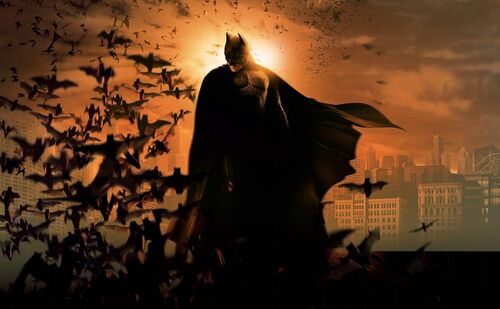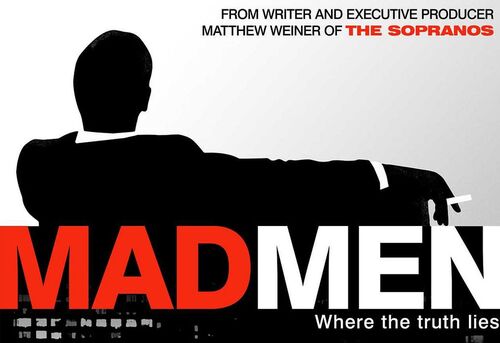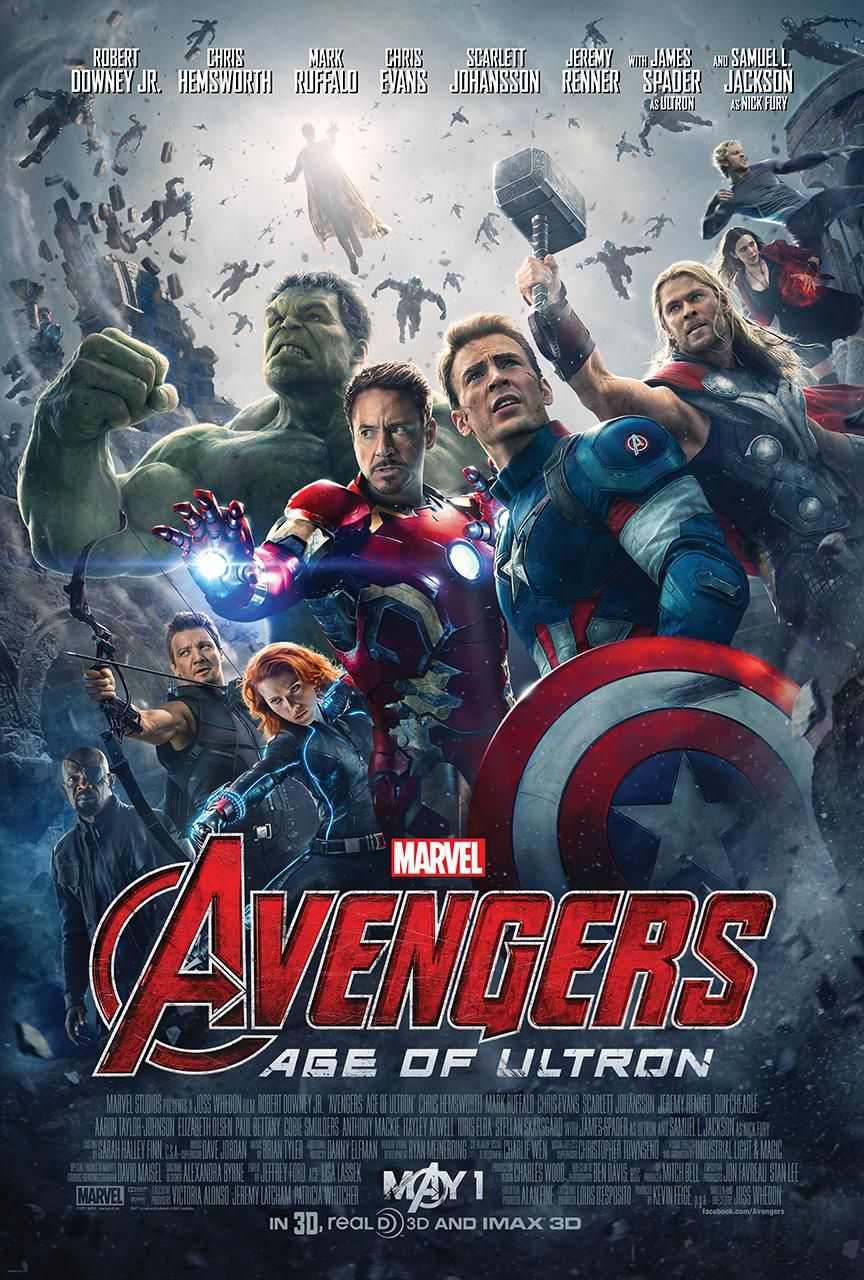
Film's Modern Reliance on the 'Megafranchise'
 Superhero films are so huge at this point that it would be the first word out of many mouths when prodded on the topic of movies in general. At any given time, there’s one playing at the local cinema. They’re front and centre at the local store. Ads are plastered on the sides of buses and on the windows at each stop.
Superhero films are so huge at this point that it would be the first word out of many mouths when prodded on the topic of movies in general. At any given time, there’s one playing at the local cinema. They’re front and centre at the local store. Ads are plastered on the sides of buses and on the windows at each stop.
But Superhero isn’t in the title, so why am I even talking about it?
Because the last decade of film has taken extensively from the comic book medium, adapting larger than life characters and stories because they mix perfectly with the ever improving technological feats of modern film. One thing leads to another, and now Marvel has an entire universe on the big screen. Go online and you’ll find viewing orders for Marvel’s entire cinematic world, and they’re very comprehensive.
DC has its own universe launching officially with next years ‘Batman V Superman: Dawn of Justice’, itself a follow on from ‘Man of Steel’. This system of expanded universes are taken straight from their comic book counterparts, which have always had an enormous focus on continuity.
You see, by theory, a comic book universe of however many titles (say, forty books per month) is completely tied together. Whatever happens in one book can either affect another book, or simply carry the knowledge that it happened in that other book’s same world.
A shared universe like this takes a lot of work, with heavy editorial input, and fans can spot a flaw a mile away. Comic book fans are passionate, and so they should be. By now, Marvel has gathered up its legion of comic fans and brought them all into the theatres, and there’s no point talking about how successful the company has been.
While the superhero genre did not give birth to the shared extended universe, a notion that has been implemented both in television and film in the past, to varying extent, it has certainly brought the concept straight to the dollar sign-lensed eyes of the corporate men and women high up.
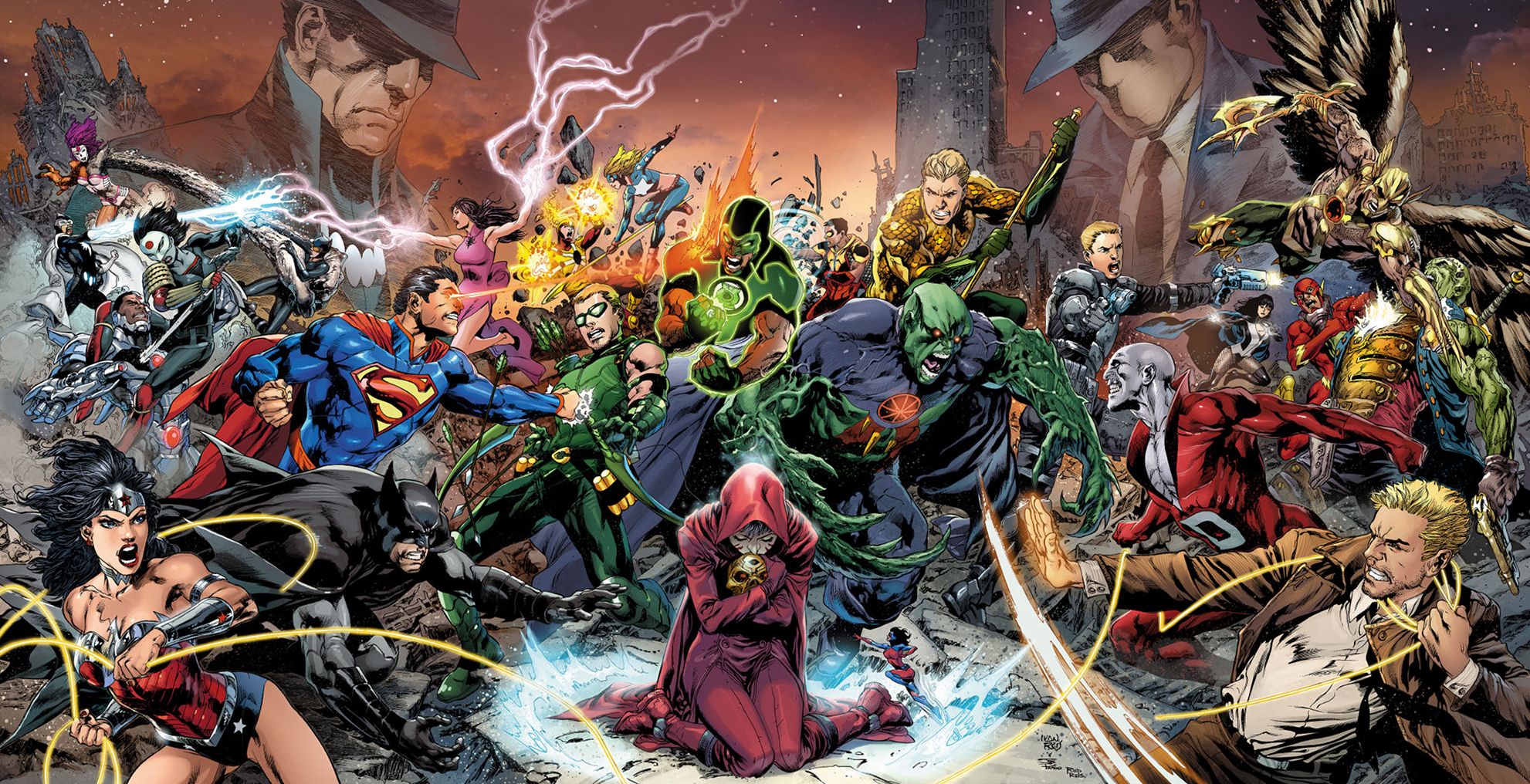
Universal Pictures and Warner Bros. is near on reaching a deal in which Universal will pass on the rights to the prequel for ‘King Kong’ that’s set to come in 2017. Sources speculate that this is likely in the hopes of setting up a date between Kong and the Warner-owned Godzilla franchise. Crossovers are the big thing now.
A Sony executive has quoted that if a studio wants to survive, it now needs a ‘megafranchise’. Yeah, that’s a word now. A regular franchise is a basic trilogy. Who needs them anymore, right?
Sony was all set to build its own megafranchise around Spider-Man a year or so ago, with plans of a ‘Venom’ solo film as well as the villain-centric ‘Sinister Six’. This would have been alongside a trilogy of ‘Amazing Spider-Man’ films. As we know now, that’s not going to happen (but I guess it still could).
Then there’s the X-Men franchise, which is clearly falling into the megafranchise category. It has its core trilogy, back when trilogies were cool (remember?) Now it has prequels, spin-offs, sequels, you name it. This has potential to exchange numbers with ‘Fantastic Four’, despite the latter admittedly bombing in recent months, both critically and commercially.
There’s Star Wars, that’s branching out from a new core trilogy to additional spin-offs. Hell, there’s even a ‘Ghostbusters’ expanded universe in the works (apparently). And it isn’t restricted simply to film. Most recently is the Arrow/Flash crossovers, and the shared universe they exist in. There’s also soon to be ‘Legends of Tomorrow’ mixed in with DC’s television offerings, and while there are other properties (Gotham, Supergirl), they belong to different providers completely.
On one hand, it’s exciting. Seeing characters that haven’t gained a whole lot of attention from the stables of DC and Marvel is promising. And who doesn't want to see more of the Star Wars expanded universe? It’s an entire galaxy!
But while these enormous crossover franchises aren’t diminishing the lowly solo film, original work, one-off novel adaptation, they are certainly taking number one preference. It’s been proven time and time again how enormous these films are, and how people are more willing to flock to them simply by word of mouth, advertising, and the simple fact that everyone has heard of Batman.
‘Avengers: Age of Ultron’ made over a billion more worldwide than ‘Mad Max: Fury Road’, itself a continuation of an old franchise. How are new, original films supposed to stand up against enormous franchises like Marvel’s?
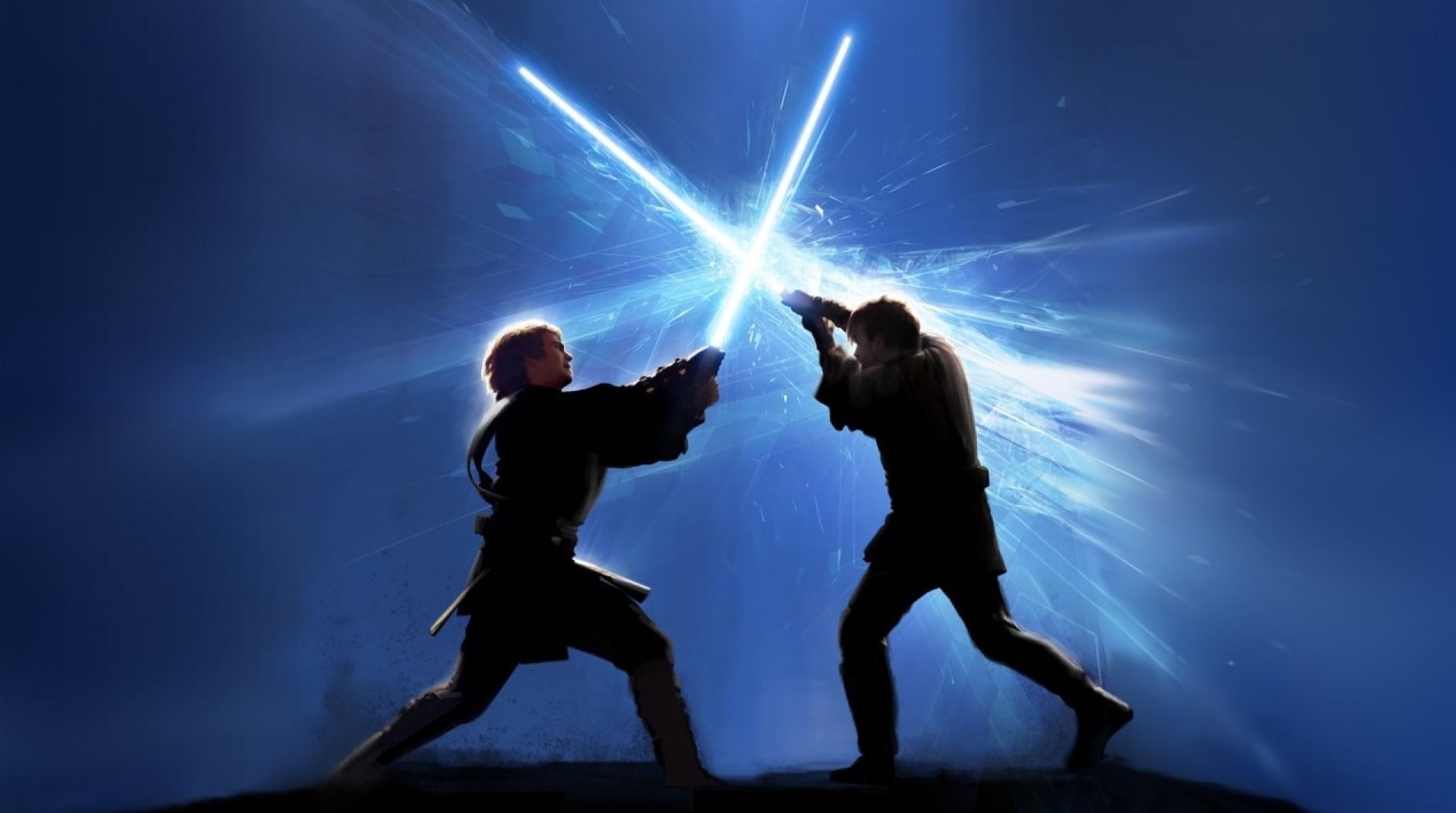
Though, it’s highly debatable whether megafranchising of a series like ‘Ghostbusters’ or a crossover between King Kong and Godzilla will reach the same level of audience-gathering as Marvel has (and DC inevitably will).
It adds added pressure to the industry when we ponder whether there is a growing reliance on these enormous franchises. The fact is that more money than ever is being made at the box office, and there's no going backwards now. If the formula crashes and burns in the next decade, it'll be interesting to see how they all respond.
While superhero films really exemplify how far technology has come, and is a perfect showcase for the depth of CGI and the awe it can inspire, there are entire other reasons these films work. That the superhero represents a figure that can do the things we can’t, that they can save us from the things we fear in modern society. Political anxiety is a real thing in a world where we feel like we can’t trust the ones who are supposed to protect us.
But really, it’s hard to say whether the superhero genre is just the starting point for the shared universe. Will the expanded worlds on the big screen transcend its comic book births and become the playing ground for horror, westerns, whatever comes next? It’s hard to imagine Superhero films will survive any longer than the Western did in the 50s and 60s.
Whether there is a clear black and white between a shared extended universe and standard world/franchise building is another thing. Universal is developing a monsters cinematic universe, launched with ‘Dracula Untold’. The concept sounds corny to say the least, but to each their own. There’s also hopes for a Transformers extended universe, though with a spin-off and prequel origin story tossed around, this one sounds a bit less like crossover territory.
Of course, there are problems in shared universes. Comic books have experienced it for a long time. It comes back to that hard work, that heavy editorial hand of (pretend) God. At what point does the company sacrifice its stories for a continuity that is concrete? Do they choose one direction versus the other? Do movie-goers even care enough about whether what they’re seeing is part of a whole?
There’s also the risk that creators will become lazy with the films. Once we’re thirty films deep into Marvel, will they start handing jobs out to whoever? Do they keep caring, or does it solely become a necessity? Logic dictates that Film will never fall quite into the same potential drama’s that comic book publishers do, because frankly it takes a whole lot more time and effort to put out a single film then it does to put out an issue of a comic. But there are enough distinct similarities there now to make us wonder.
There is clearly money to be made in these megafranchises, and perhaps years down the line companies will be singing the superhero genre’s praises for laying the groundwork. While there is certainly room for great stories, both original and adapted, in these expanded worlds, it’s important that modest original work isn’t buried in the meantime.
